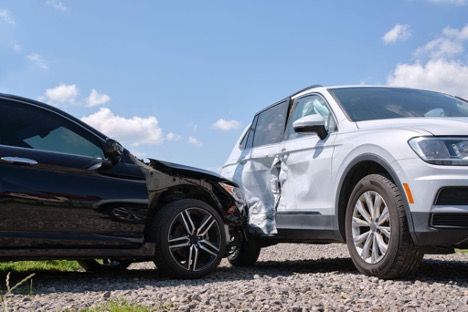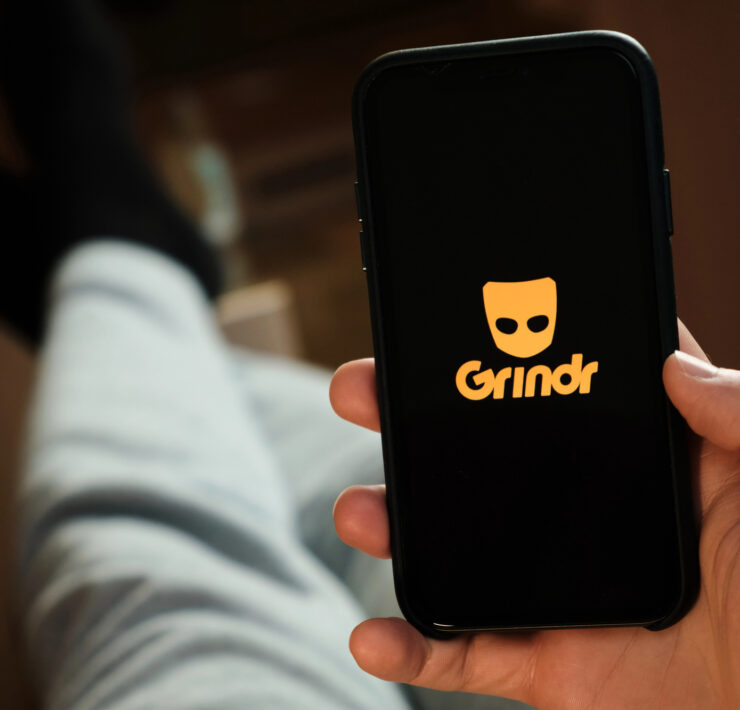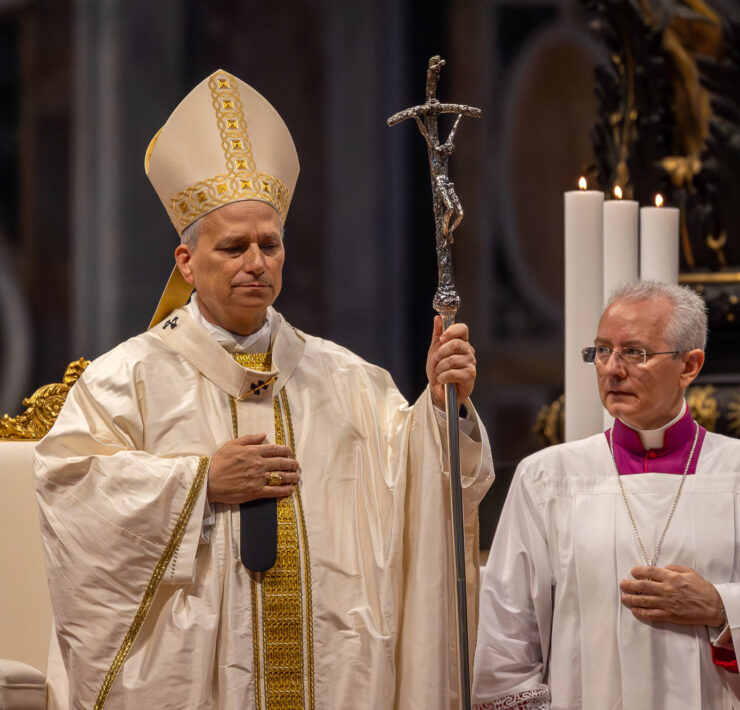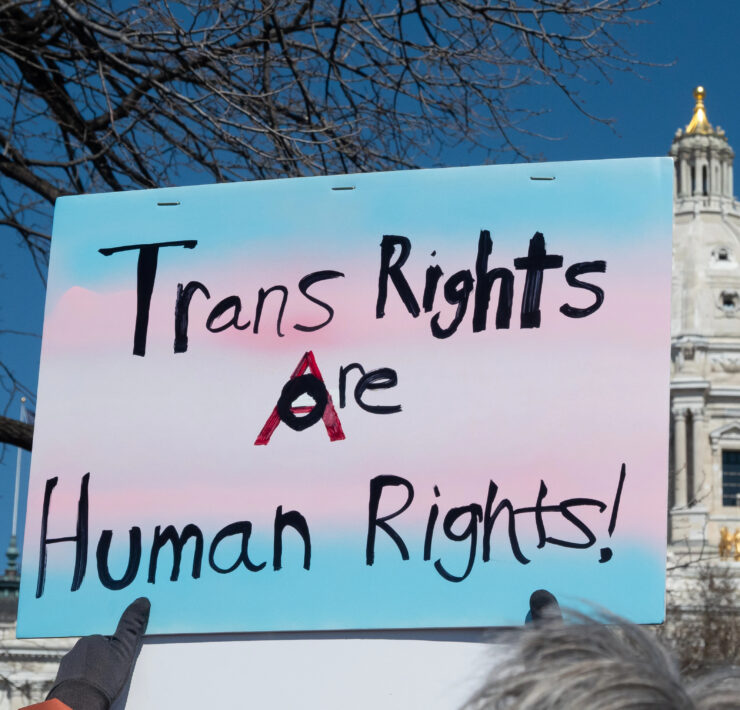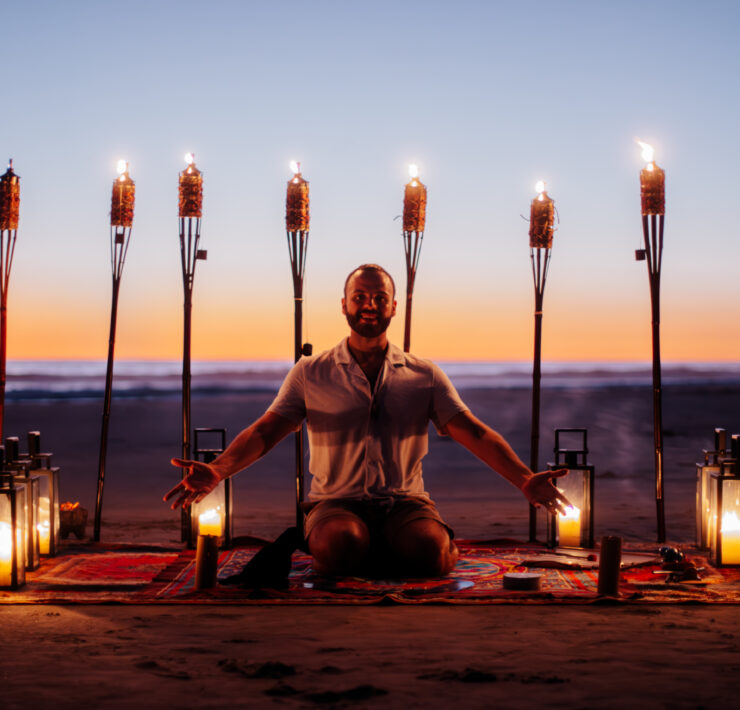Survey: Nonreligious LGBTQ People Face Higher Discrimination
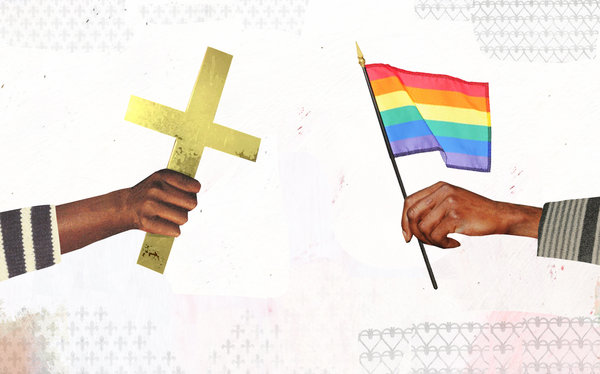
Colleen Rankin (she/her) is a writer based in Columbus, Ohio
A recent survey of nonreligious people living in the United States showed that LGBTQ people are more likely to experience discrimination and family/societal rejection for being nonreligious than cisgender, heterosexual people. This data was collected from the U.S. Secular Survey and accounts for nearly 34,000 nonreligious people living in the United States. Of the 34,000, 22.9% identified as LGBTQ, and 3.6% of the LGBTQ participants identified as transgender or gender-nonconforming.
The U.S. Secular survey showed that, compared to the general population, LGBTQ people have a higher likelihood of being nonreligious. There are a variety of factors that play into this outcome, as many religious groups and organizations have outwardly anti-LGBTQ viewpoints. Religiously driven efforts to stifle the LGBTQ community such as conversion therapy practices and the opposition of same-gender marriage in the U.S. are mostly driven by the Catholic and Mormon churches.
Some of the major Christian denominations in the United States have been actively discriminatory and unwelcoming toward gay and trans people for years. This has pushed many LGBTQ people away from practicing religion due to trauma.
Religious trauma is a shared experience among LGBTQ and heterosexual people alike, and both groups stated to frequently experience judgment for not being religious.
The U.S. Secular Survey states that “one-third (33.2%) of LGBTQ participants encountered negative experiences or discrimination in education settings due to their nonreligious beliefs, compared with 28.1% of cisgender/heterosexual participants. Among those participants currently in school, trans and gender non-conforming participants were approximately 30.2% more likely than cisgender participants (LGB and heterosexual included) to experience discrimination.”
Additionally, LGBTQ participants were 20.3% more likely to experience discrimination at work. These discriminatory viewpoints often have negative affects on a person’s professional, educational, and personal, and social lives causing a range of negative emotional side effects.
Because LGBTQ people can experience discrimination for both their queer and nonreligious identities, it is often difficult for them to find an intersection of support that favors both.
While certain religious communities and organizations are the major proponents of homophobia in society, there are still queerphobic ideologies present in nonreligious communities as well. This can make it difficult for nonreligious LGBTQ people to find a space where both their nonreligious and queer identities will be accepted. Because of this, many people feel the need to hide or diminish certain aspects of themselves to fit into different groups.
In fact, LGBTQ participants of the survey were about 16.1% more likely than non-LGBTQ respondents to mostly or always conceal their nonreligious identities from their families. This is likely due to experienced or anticipated discrimination and stigmatization. Hiding such significant parts of a person’s identity from friends and family can lead to heightened levels of loneliness and depression, and inhibit their ability to create close relationships with others.
Since LGBTQ people already have a higher likelihood to face discrimination in their everyday lives, it’s important to recognize certain religious undertones present throughout society that might be triggering for nonreligious people. Many LGBTQ people have experienced some form of religious trauma from their families, school, work, or social circles, so acknowledging how prevalent these discriminatory behaviors are in every aspect of our lives will help create safer spaces for all members of the LGBTQ community—regardless of their religious affiliations.
What's Your Reaction?
Colleen Rankin (she/her) is a writer based in Columbus, Ohio



